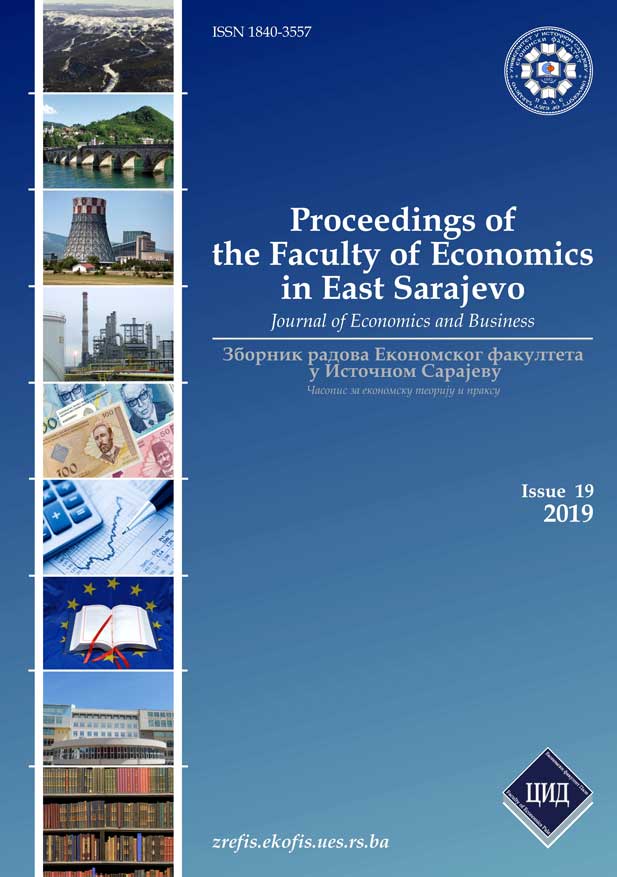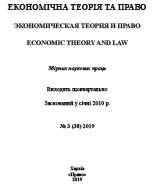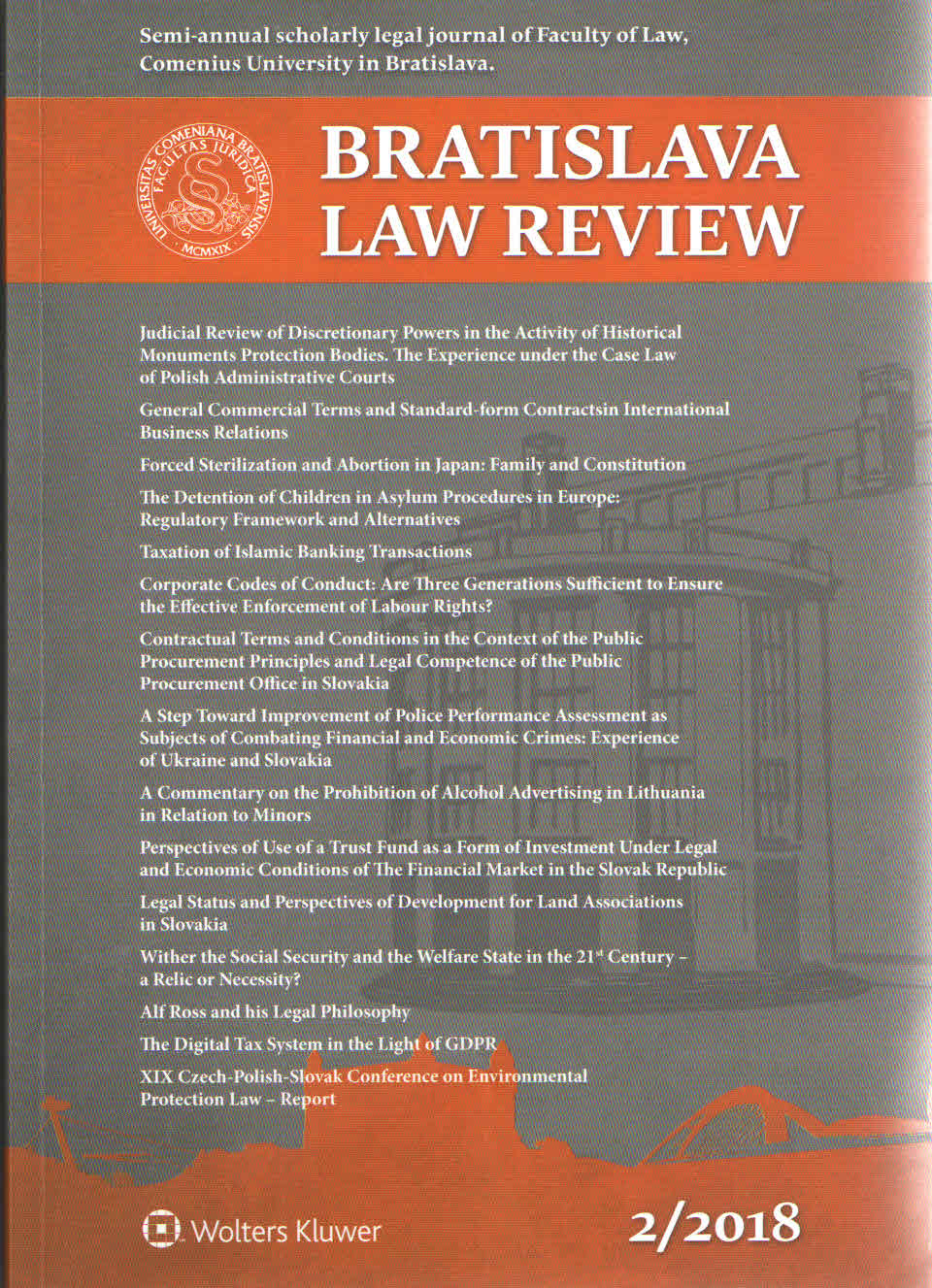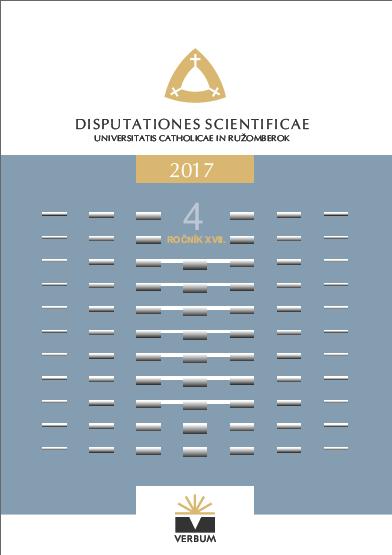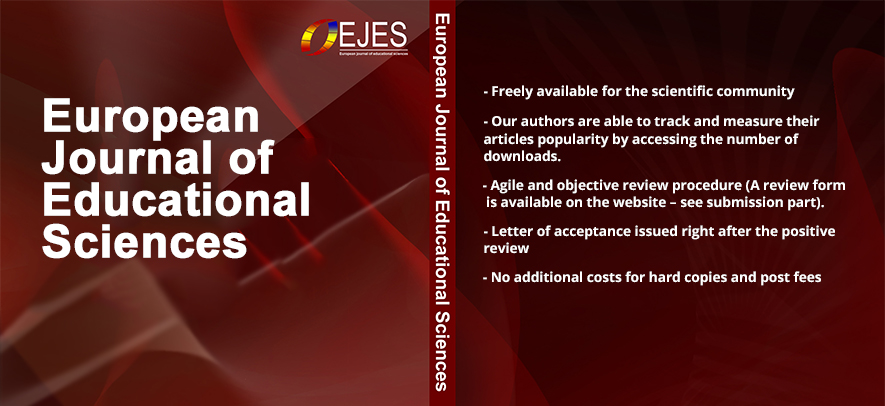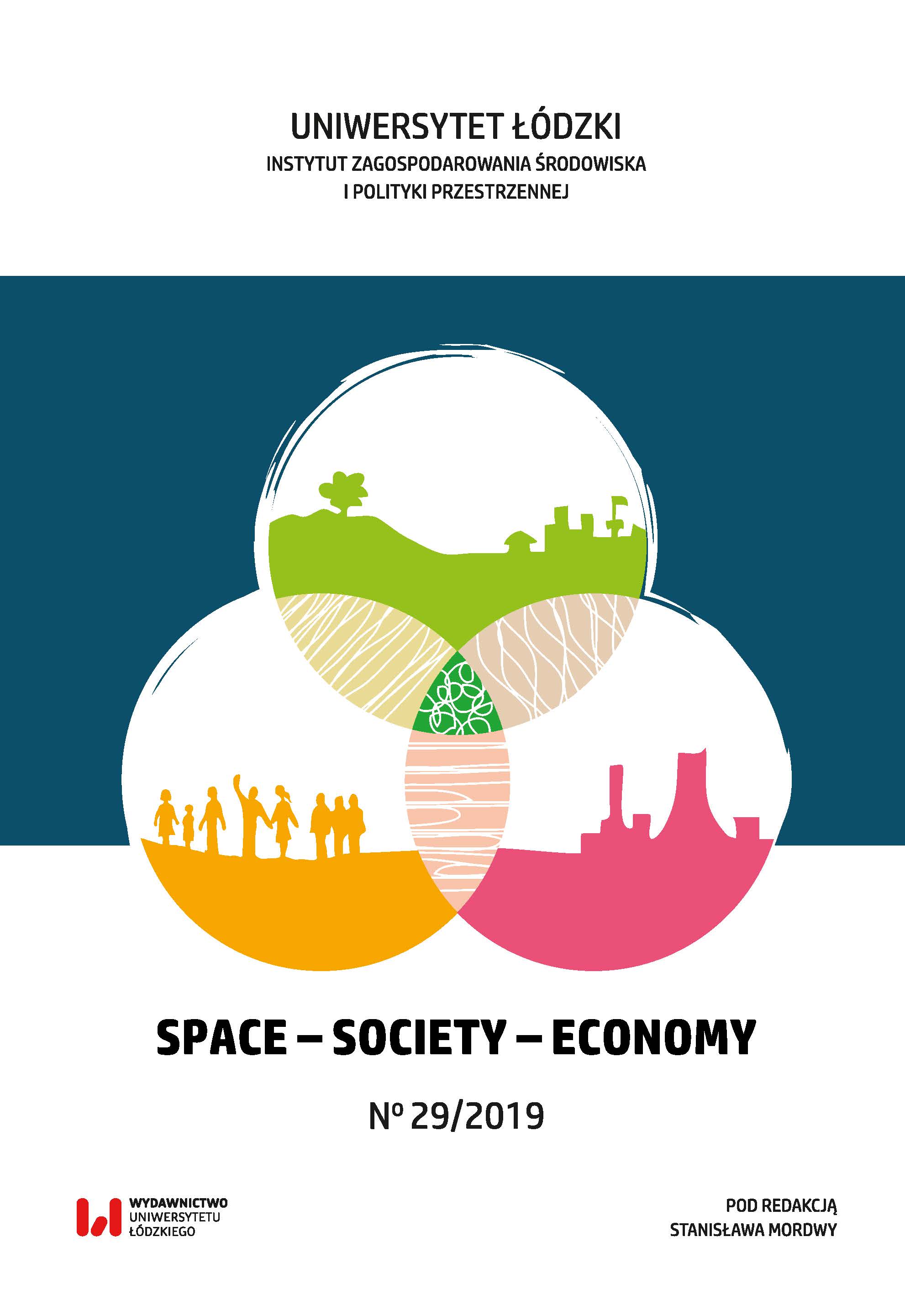Author(s): Kristina Ambrazevičiūtė / Language(s): Lithuanian
Issue: 97 (1)/2019
Despite the fact that the concept of corruption is not used in labor law, conducted researches have shown that corruption in employment is a widespread phenomenon. Therefore, this article is dedicated to the investigation of corruption in labor relations and focuses on situations occurring within the company, in the relationship between employee and employer. The article analyzes the preconditions and conception of corruption in labor relations, the elements of corruption and their peculiarities in labor relations. In the end, different institutes of labor law are evaluated from the perspective of corruption risk. Concerning the preconditions of corruption in labor relations, the nature of the modern company, based on the delegation of management function to the directors of the company must be mentioned. In addition, other preconditions of corruption in labor relations are tied with the power of discretion of the employee, which may be abused. It would be wrong to suggest that acts of corruption are only related to the top executives of the company. Each employee may, under certain conditions, acquire decision-making power and may, accordingly, start abusing it.
The concept of corruption is not used in the Labor Code. Nonetheless, it is clear that
acts of corruption are widespread in the labor relations. Taking into account the definitions of corruption in the private sector, which was proposed in previous studies, corruption in labor relations can be considered as any behavior of a person working under employment contract, that does not meet the requirements arising from their legal duties or standards of conduct (or the promotion of such behavior) seeking the benefit for themselves or others and undermining the interests of a company. Thus, in order to ascertain the act of corruption, three elements must be identified: first, the employee’s behavior does not meet the duties and obligations established by the employment contract or labor laws; second, the fact, that the employee is seeking bene.ts for himself or for others; third, actual or potential damage to the company.
More...


